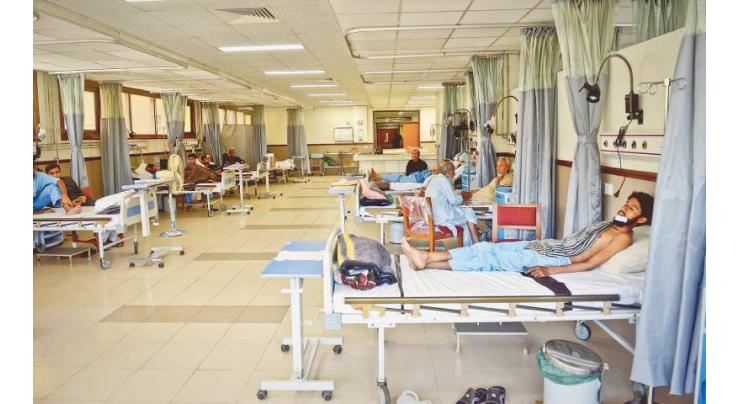Cholera and Diarrhoea Outbreak in Sialkot Villages Sparks Health Emergency
Rising Cases of Waterborne Diseases in Sialkot
A wave of cholera and diarrhoea cases has hit several villages in Sialkot, Punjab, triggering a public health emergency. Dozens of residents, including children and women, have been admitted to both government and private hospitals across the district. The outbreak appears to be concentrated in Hanjali Mehtabpur village, located in Pasrur tehsil, where contaminated water sources are suspected to be the root cause.
Emergency Declared at Zafarwal THQ Hospital
In response to the escalating crisis, Zafarwal Tehsil Headquarters (THQ) Hospital has declared an emergency. Medical Superintendent Dr. Rahat Mahmood confirmed that 19 patients are currently receiving treatment for cholera and diarrhoea. The hospital has ramped up its operations, assigning additional duties to medical staff and ensuring that essential medicines are available free of cost.
Symptoms and Severity of the Outbreak
Patients have reported severe abdominal pain, vomiting, and acute diarrhoea—classic symptoms of waterborne infections. One critically ill patient has been transferred to Narowal District Headquarters Hospital for advanced care. The rapid spread and severity of symptoms have raised concerns about the quality of drinking water and sanitation in the affected areas.
Government Response and On-Ground Efforts
Local authorities have mobilized quickly. Assistant Commissioner Imran Rasool visited Zafarwal THQ Hospital to assess the situation and ensure adequate facilities are in place. Narowal Deputy Commissioner Syed Hassan Raza assured the public that sufficient stocks of free medication are available and that treatment is being provided without delay.
In a proactive move, Sialkot Deputy Commissioner Saba Asghar Ali launched the “Clinic on Wheels” initiative in Hanjali Mehtabpur village. This mobile healthcare unit is offering on-site treatment and monitoring the outbreak closely. Pasrur Assistant Commissioner has also joined the effort to supervise medical interventions and coordinate relief measures.
Need for Long-Term Solutions
While emergency measures are helping contain the immediate crisis, experts stress the importance of long-term solutions. Clean drinking water, improved sanitation, and public awareness campaigns are essential to prevent future outbreaks. The Sialkot District Health Authority has been notified, though its CEO, Dr. Muhammad Aslam Chaudhry, was unavailable for comment.
Conclusion: A Wake-Up Call for Public Health
This outbreak serves as a stark reminder of the vulnerabilities in rural healthcare infrastructure and the urgent need for preventive action. As hospitals continue to treat affected individuals, the focus must shift toward sustainable health practices and infrastructure upgrades to protect communities from recurring waterborne diseases.



Comments (0)
No comments yet. Be the first to comment!
Leave a Comment